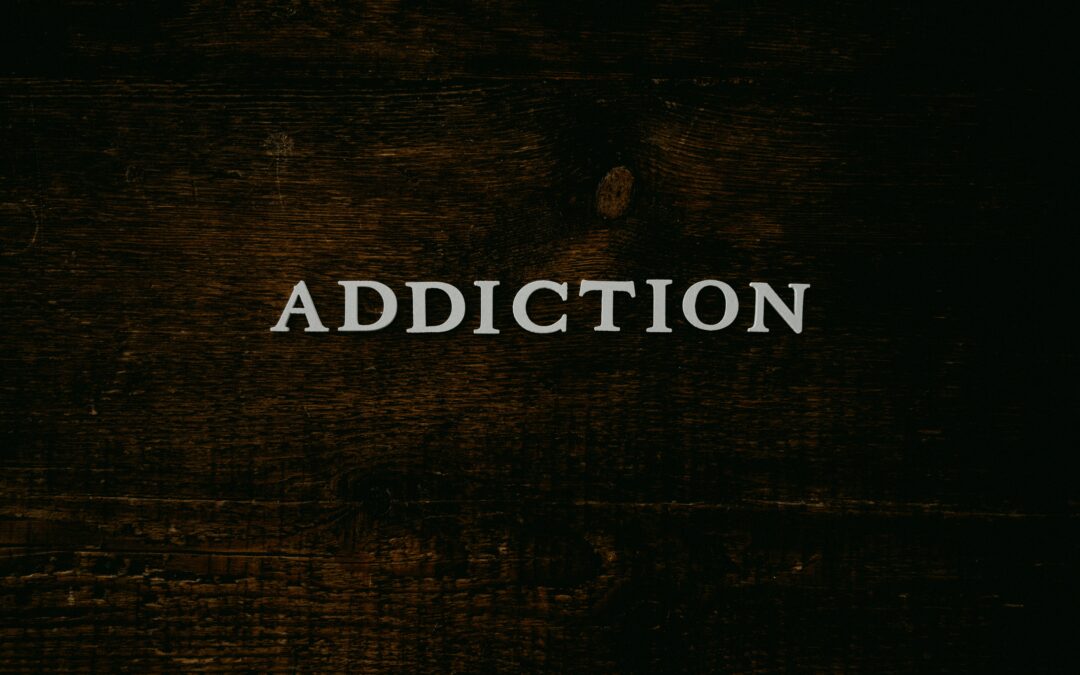Some may read the title of this blog appalled by the assumption that everyone is an addict. So let’s consider this statement from Christopher Kennedy Lawford, author of “What Addicts Know.”
“As a culture we’ve become addicted not only to gambling, drugs, alcohol, sex, and other suspects, but also technology and the acquisition of material possessions and every conceivable promise of instant gratification: More is better has become society’s mantra. We eat more, spend more, take more risks, abuse more substances…only to feel more depressed, unsatisfied, discontented, and unhappy. You may know these symptoms firsthand, or recognize them in the lives of people you care about,” (www.Today.com, January 16, 2014).
Given the statement above, we may all be able to identify that we have, or have had at some point, some addictive behaviours. Merriam-Webster’s definition states: Addiction: a strong and harmful need to regularly have something (such as a drug) or do something (such as gamble). The key word is harmful. In this light, one could even postulate (and we have) people can be addicted to arguing and fighting, thus, also to the chemicals released from the adrenal gland?
Did you know the actual term “addiction” was originally used in the slave trade? (see Drugs, Morality and the Law). When a slave was sold to the “owner”, they were said to be addicted to their master which meant “tied to”. Well, if you and I can be tied to something… yes… we can also be untied!
When asked in counselling; What is an addiction?, we often respond anything (thoughts, emotions and behaviours) that significantly interrupts or gets in the way of an important area of your life. Harmful may mean persistent thoughts and behaviours “threatening” to healthy functioning in our vocational (work/school), social, emotional, physical, spiritual, financial, family, marital spheres. Of course, we may all have a different definition of what “threatening” is as well and the threat may not be immediately evident, recognized or acknowledged.
Admitting our personal areas that are unhealthy can be difficult enough to do and others generally see the problem before we do. Owning hurtful behaviour exposes the “dark side” of being human, something few of us are comfortable letting out about ourselves. Many who do admit openly and acknowledge their addictive behaviour, report feeling liberated, relieved and energized with a renewed sense of hope and joy.
This is most evident for those with addictions who go through the recovery process (a clearly defined step-by-step program with accountability measures built in). Those who were once showing characteristics those around them would call deviant, deceptive, manipulative, self-absorbed, and disrespectful can come out of recovery having rediscovered long lost gifts of self-awareness, honesty, integrity, grace and forgiveness. In addition, when we overcome a particular challenge, we gain greater understanding into human behaviour and change processes, also gaining an acquired skill set to become the greatest role models and teachers.
So do we all need to be in recovery?
Consider these questions, also suggested from Lawford:
- Am I generally content with the way things are?
- Are my emotions mostly on an even keel?
- Are my personal relationships strong and supportive?
- Is there enough joy in my life?
Careful before you answer: Those in self-absorbed, manipulative and deceptive modes of functioning even “swindle” themselves to believe they are content and happy with their lives. So another question may also be considered when this is the case:
- If there is content and joy in your life, why do you have feelings of being depressed, unsatisfied, and empty? (What is fueling this is not always “biochemistry”)
Instant gratification, the main ingredient and greatest influence of our addictive behaviours refuses to remind us of the fact that the satisfaction we experience is only temporary. Short-term gain, long-term pain! If we can consider those questions on a grand scheme of our lives, we may come to realize that we are not truly happy. We have lost sincere human connections with others through a series of poor thoughts and choices. We have been selfish and have neglected the true meaning of love, trust and support for others and for ourselves. We do need help.
Changing ourselves without input from others doesn’t work. This is the profession of counselling: assisting others to bring out their inherent skills and qualities and develop new ones to effectively improve their quality of life, overcome challenges faced and, thus, develop satisfying and caring relationships with others. We can also get good coaching advice from books and web resources to be used in concert with evidence-based therapeutic counselling.
We can all benefit from quality counselling to improve our lives. Contact us today.

Recent Comments